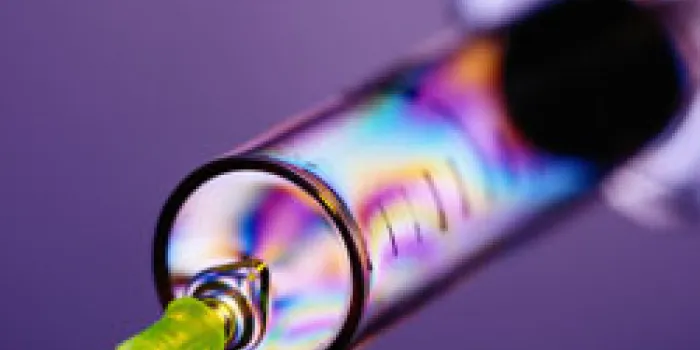The fight against the hepatitis C virus (HCV) took a leap forward in January 2008. Scientists from The Scripps Research Institute in LaJolla, California, found antibodies that neutralize various forms of HCV in mice, suggesting that a prophylactic vaccine against HCV is possible, despite the variability of the virus.
According to the Centers for Disease Control and Prevention (CDC), 44% of people diagnosed with hemophilia and 5% of people diagnosed with von Willebrand disease are affected by hepatitis C. Hepatitis C is a liver disease caused by HCV, which is spread by contact with the blood of an infected person. It is the leading cause of liver transplants in the US. Most people in the bleeding disorders community with HCV contracted it by infusing contaminated blood products in the early to mid-1980s.
Fortunately, screening methods to identify blood donors with hepatitis have become more sensitive, and methods of testing blood and blood products have improved considerably. The CDC states that as of 2001, the risk of HCV infection from a unit of transfused blood is less than one per million transfused units.
For those affected by HCV, the current treatment of choice is a combination therapy of pegylated interferon and ribavirin. However, this therapy is not effective for everyone.
“Combination therapy is effective in 50% of people with genotype 1 HCV and 80% of people with genotypes 2 and 3,” says Daniel Reilly, former co-infection coordinator at Hep C Connection in Denver, an education, prevention and support network. He is currently the community education specialist at FactorHealth Management. “Unfortunately, 75% of HCV cases in the US are genotype 1. Clearly, if we could find a vaccine for HCV, it would help many people.”
In the study, published in Nature Medicine, the researchers injected the HCV-neutralizing antibodies into one group of mice. These mice and another group of mice without the antibodies were then exposed to HCV. Six days later, the HCV was cleared from the mice that had received the antibodies, but remained in those without the antibodies. Although the antibodies’ effects against HCV faded with time and high doses of the antibodies were needed to curb HCV, people in the community are heartened.
“Twenty-five percent of people who get HCV fight the virus off in the acute phase with just their immune systems,” says Reilly. “It makes sense that researchers would find antibodies that can fight HCV. This experiment represents an exciting new direction in the battle against HCV.”
“In order to cure highly variable viruses, such as hepatitis C virus and HIV, it will probably be necessary to use a combination of highly potent antibodies and antiviral molecules to attack multiple conserved regions in the virus,” says Mansun Law, a research associate at The Scripps Research Institute who was first author of the paper.
The researchers plan to follow up by investigating how to induce the body to produce the specific type of broadly neutralizing antibodies discovered in the study.

